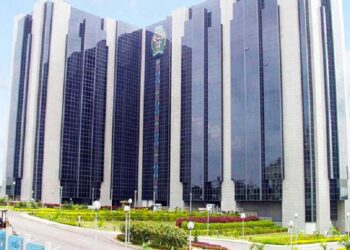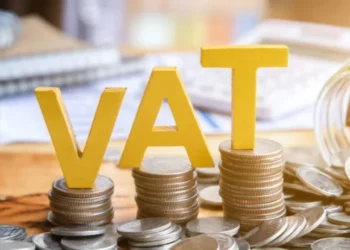Purchasing Managers’ Index (PMI) report, grew to 53.7 points in September 2022, showing rebound in business.
The PMI report released by Stanbic IBTC, which measures monthly business activities and captured at the end of the third quarter, showed that growth in the private sector gathered momentum.
Sharper rises in output and new orders were recorded, while there were emerging signs of capacity pressures. Cost inflation remained elevated, in large part due to currency weakness, while business confidence waned.
The headline PMI rose to 53.7 in September, up from 52.3 in August and signalling a solid strengthening in the health of the private sector at the end of the third quarter. The improvement in business conditions was the most marked since May.
The headline figure derived from the survey is the Purchasing Managers’ Index (PMI). Readings above 50.0 signal an improvement in business conditions on the previous month, while readings below 50.0 show a deterioration.
The report stated that “in line with the headline figure, both output and new orders increased at sharper rates during the month. Firms often linked higher new business to rising demand, with some reporting that customer referrals had supported growth. In turn, output rose for the third month running, and at the fastest pace since April.”
Stanbic IBTC said: “with overall input costs rising at one of the sharpest rates since the survey began, Nigerian companies increased their selling prices accordingly. Although marked, the rate of charge inflation slowed sharply and was the joint-weakest in 21 months.
“Despite the improving growth picture in September, firms reported waning confidence in the year-ahead outlook. Sentiment remained positive overall, but was the lowest since August 2021 and among the weakest on record. Those firms that expressed optimism often mentioned business expansion plans.”
Head of Equity Research, West Africa at Stanbic IBTC Bank, Muyiwa Oni, said: “the Nigerian private sector continues to signal an expansion as the headline PMI printed at 53.7 in September from 52.3 in August driven by faster growth in output.
“Output growth during the period has been supported by higher demand levels, while elevated price pressures have remained a major downside risk to output growth in recent times.
“Indeed, the monetary authorities have now prioritized combating rising inflation given its impact on growth. Headline inflation for August rose to 20.52 per cent year-on-year from 19.64 per cent in July driven by a broad-based rise in price levels.
“The committee has implemented a cumulative 400 bps hike in the policy rate this year in a bid tame inflationary pressure. Sure, in previous years, the Central Bank of Nigeria has maintained spurring growth as a primary objective seen in the increased rate intervention loans, low interest rate on intervention loans, 65 per cent loan-to-deposit ratio, amongst others.
“We still expect GDP growth at 3.2 per cent Y-o-Y in 2022 driven by the non-oil sector. However, high inflation, FX illiquidity constraints and prevalent insecurities remains downside risk to growth in the short to medium term.”




